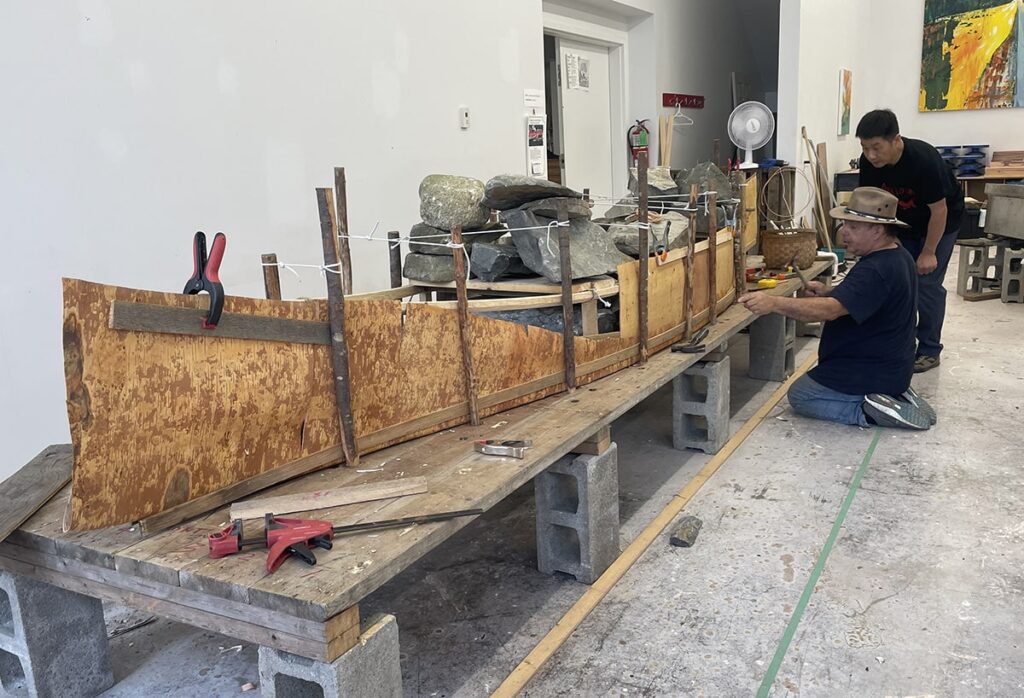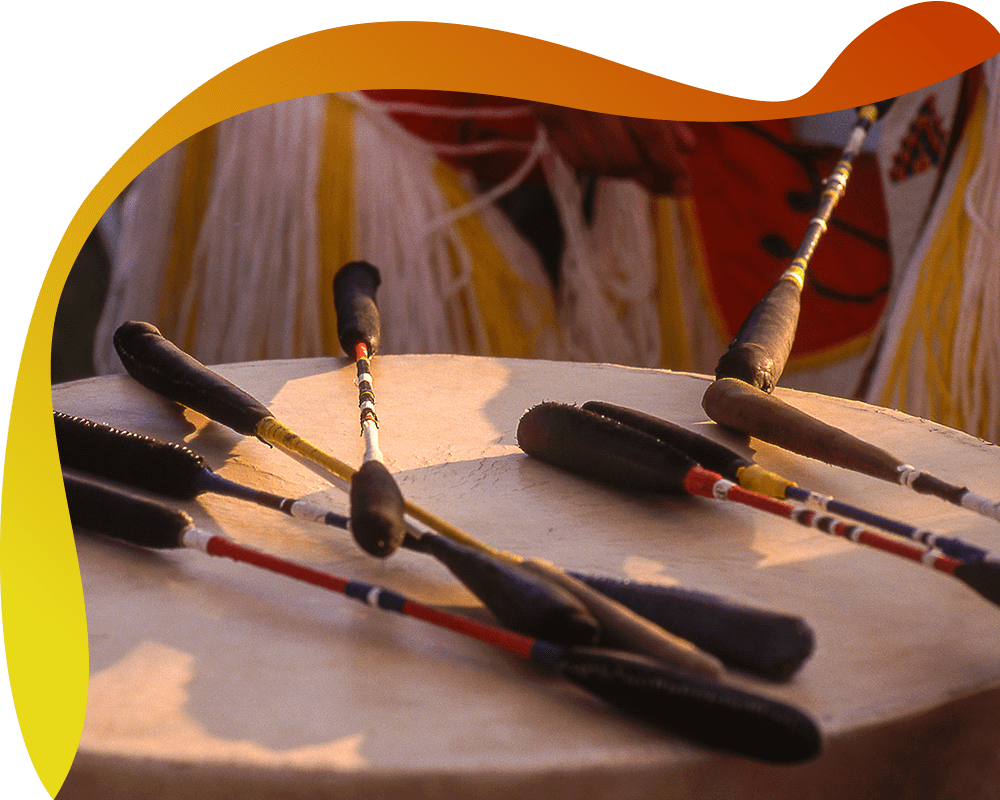The Government of Canada has committed itself to a renewed relationship with Indigenous Peoples. Much of this commitment emerged following the Truth and Reconciliation Commission of Canada (TRC) report in 2015 that described the profound and lasting intergenerational impact on government and church actions on the well-being and heritage of Indigenous Peoples. The Final Report of the National Inquiry into Missing and Murdered Indigenous Women and Girls (MMIWG) in 2019 added much to an understanding about how colonial frameworks and injustices have damaged Indigenous communities and culture.
Both the TRC’s Calls to Action and the MMIWG Calls to Justice outline priority areas for the Government of Canada to address to begin reconciling its relationship with Indigenous Peoples, including implementation of the United Nations Declaration on the Rights of Indigenous Peoples (UNDRIP). They speak directly to the rights of Indigenous Peoples to maintain, control, identify, and protect their cultural heritage, and the responsibility of Canada’s federal government to integrate Indigenous heritage into their policies and practices.
The IHC aims to respond to the needs of Indigenous communities in support of a systemic shift in approaches to Indigenous cultural heritage in Canada. As part of the process of reconciliation and new relationships with Indigenous Peoples, the IHC believes that the federal government, in collaboration with provincial and territorial partners, must be encouraged to support the development of a national Indigenous-led organization that will facilitate changes within organizations and communities across the country, and that will establish models and best practices that can be of use to others. The IHC sees its role as providing sustainable and long-term sources of support, advocacy, and education about Indigenous cultural heritage.




